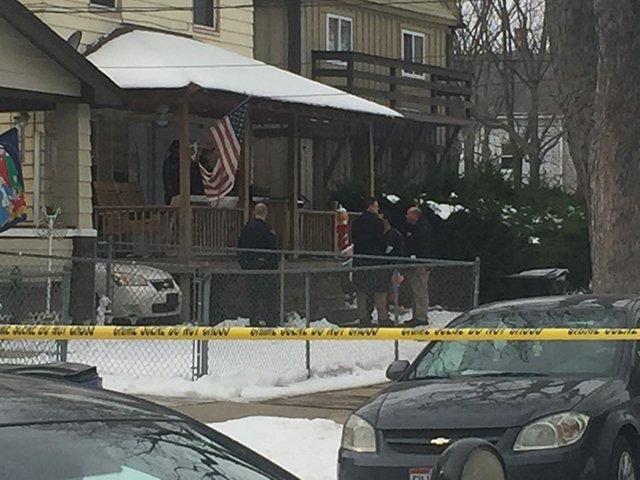The binge just begins at Thanksgiving. First, it’s food. Then, it’s shopping. It continues straight through Christmas, almost regardless of your religion, and explodes in a finale of champagne, more food and staying up late on New Year’s Eve. Whew. It’s been one hell of a month and a half.
Fortunately, the holiday season is also the giving season. In 2015, nearly 1 million people ran Turkey Trots on Thanksgiving morning — mostly for charity. Right after Black Friday and Cyber Monday comes Giving Tuesday, a day of cyber-giving that nets well over $100 million globally each year. Then there are the clothing and gift drives at schools, churches and local businesses. Salvation Army bell ringers turn out in force with their 25,000 red kettles, and even the tax code encourages us to get our donations in before the year’s end.
I’m not a huge fan of the concept of “charity” despite its profound tradition. Charity allows giving at a distance that can help things but doesn’t really fix things. I ran a $40 million anti-poverty agency for several years. We touched nearly 150,000 people annually. Charity helped tremendously, but gifts from detached donors who want to ease the suffering of others don’t change the systems that create such disparities in the first place.
I prefer the concept of “solidarity.” While most famously associated with the Polish workers’ movement and the fall of communism, solidarity is a much broader, much older concept that recognizes human interdependence. Solidarity calls us to be in “right relationship” with each other, recognizing that each other’s fortunes affect our own, and we are implicated in the injustices that affect another’s pain, suffering or basic human dignity. It’s a heavy term but also a liberating one when practiced in love.
This year the season of giving can also double as a season of healing if we do more than show charity. Through our giving, we can re-establish community. We can show solidarity with people who are different from us at a time when we need desperately to do just that.
And boy, do we need a little solidarity right now. Here in the United States, we’ve just come through a devastating election — devastating regardless of whether you are happy with the outcome. Our country faces what some would argue are historic divides — racially, culturally, geographically, and in our gender experiences. These divides seem to be defining us. We are a people whose very existence as Americans arguably should be defined by our choice to function together as one, united in democracy. It’s painful. It’s scary. And it represents a rift that could tear us apart.
But we can define ourselves differently, and this year’s holiday season offers a way to take one little step toward healing those painful political divides. What if we each went out of our way to give this year in solidarity with people we respect, but don’t normally support?
Here are three easy ways to do it.
Support a cause that normally puts you off a little. Maybe it’s your local public radio station. Or perhaps it’s the other side’s state political party. Decide on a scope that’s comfortable for you and find an organization that works in good faith to make positive change that you wouldn’t necessarily agree with.
Support an organization that works with people in circumstances profoundly different from yours. Consider a church, temple or mosque that isn’t yours. If you’re straight, you might support an organization working with lesbian, gay, bisexual and transgender youth, or if you’ve never had an addiction, you could give money to support a local needle exchange. Or you could find and give to an organization that serves people older or younger than you are. There are so many opportunities, right close to home.
Support a cause you believe in, helping people you believe in, but in a part of the country with which you have no connection. Believe in fighting homelessness but live on the East Coast? You can give money to those working for the same cause in Montana and Michigan. Want to support equal rights? They do that in Cleveland and Colorado. Love giving to the arts but live on the West Coast? Support a local arts program in Albuquerque or Alabama.
These are little steps, but they make us better connected, and might help us understand why someone different deserves our solidarity after all. The holidays are supposed to be a time when we give thanks for the miracles in our lives, and look forward to the good that we can do for ourselves and each other. If we lean into that this year, especially given how hard we lean into the rest of it, the giving season really can begin a healing season.



